
Weird But Educational→The Wright English Blog
W
GCSE and A-Level Goblin - Thursdays
Gateway to Grammar - Fridays
Weekly Series
Vocabulary Showcase - Mondays
Business Builder - Tuesdays
What The Fluff Wednesday - Wednesdays
Blog Topics

Vocabulary Showcase: “Fat”
Sometimes we need to describe a person or animal that is “fat”, but this is not a polite way to say it. It is important to think about the feelings of the person we describe. Let’s look at different ways to describe large people and animals, and how they are used

Business Builder 02: Saying “Thank you”
It can help to build relationships in the work environment to thank those who help you in your business. Let’s look at some different ways to so this.

Vocabulary Showcase: Clothing
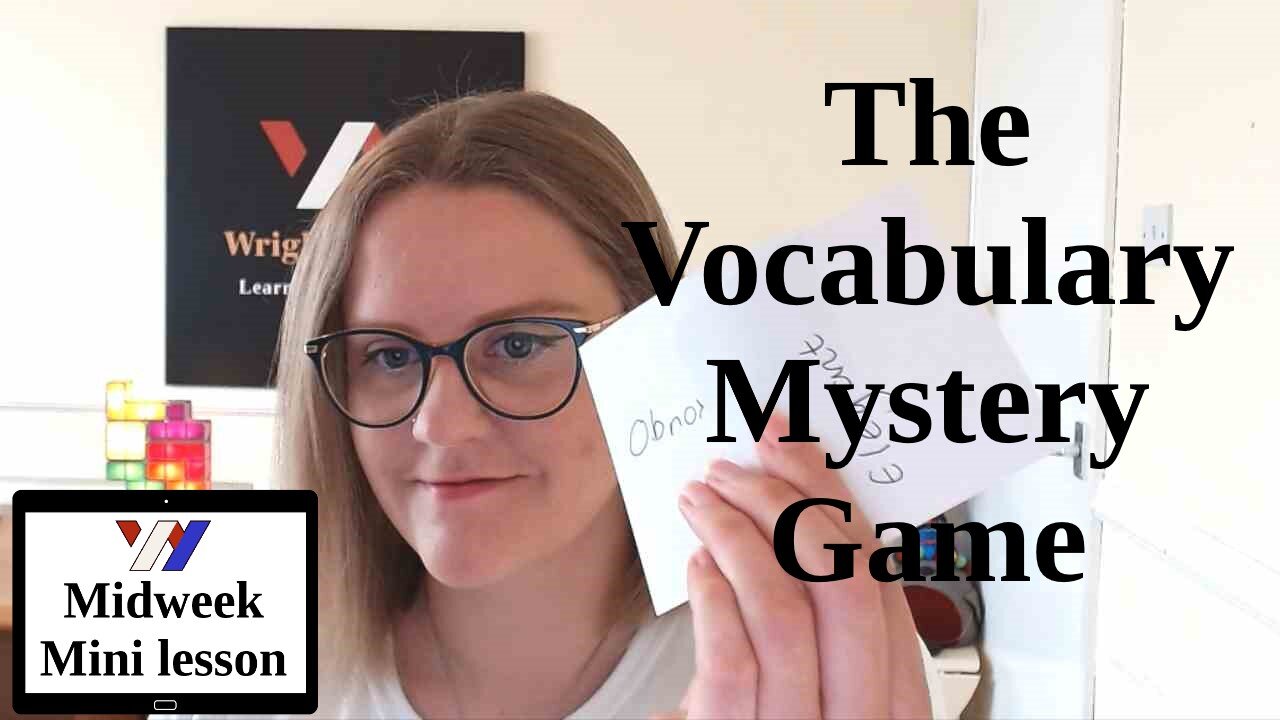
Midweek Mini-Lesson 01: Vocabulary Mystery Game
Welcome to the very first Midweek mini-lesson. Today I'm going to show you a new way to learn lists of English vocabulary in a fun way. You can do this by yourself or with a friend to make it a little more fun.
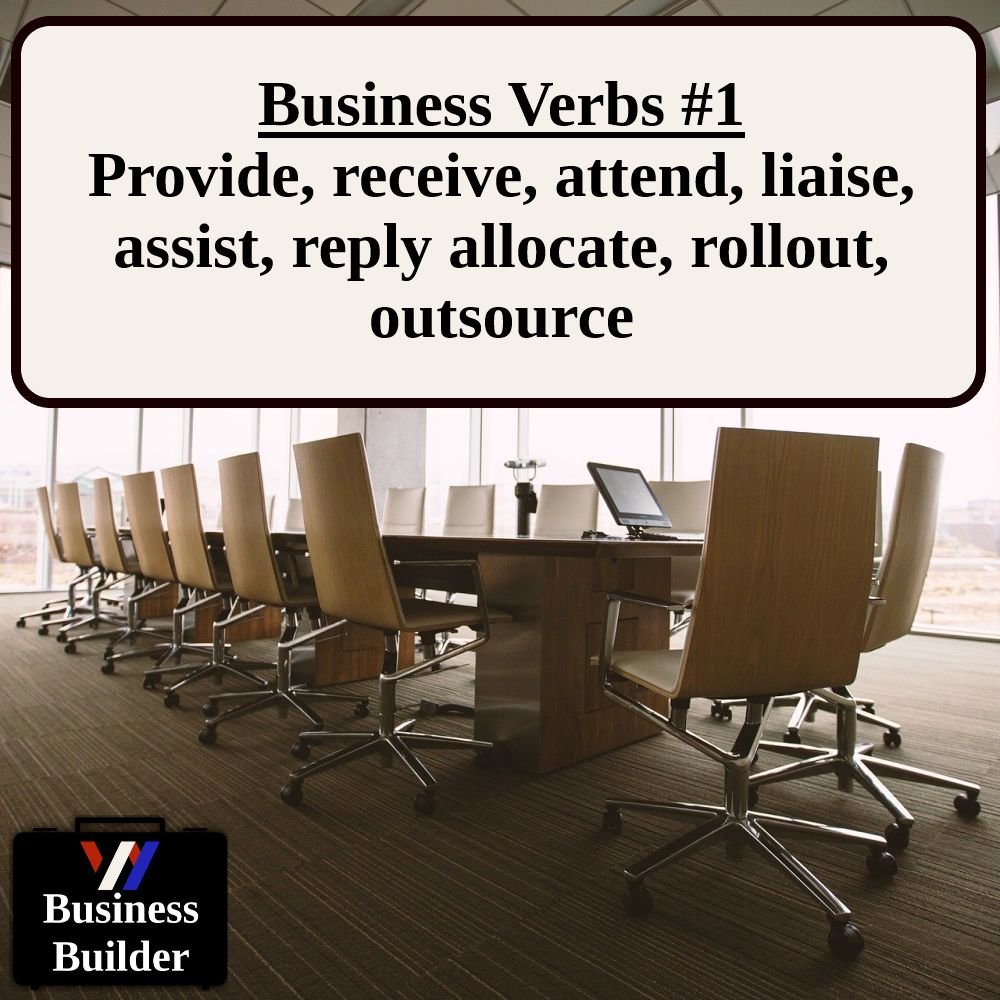
Business Builder: Business Verbs #1
Improve your Business English vocabulary using these common verbs:
Provide – Make something available for others
Receive – You get something from someone else
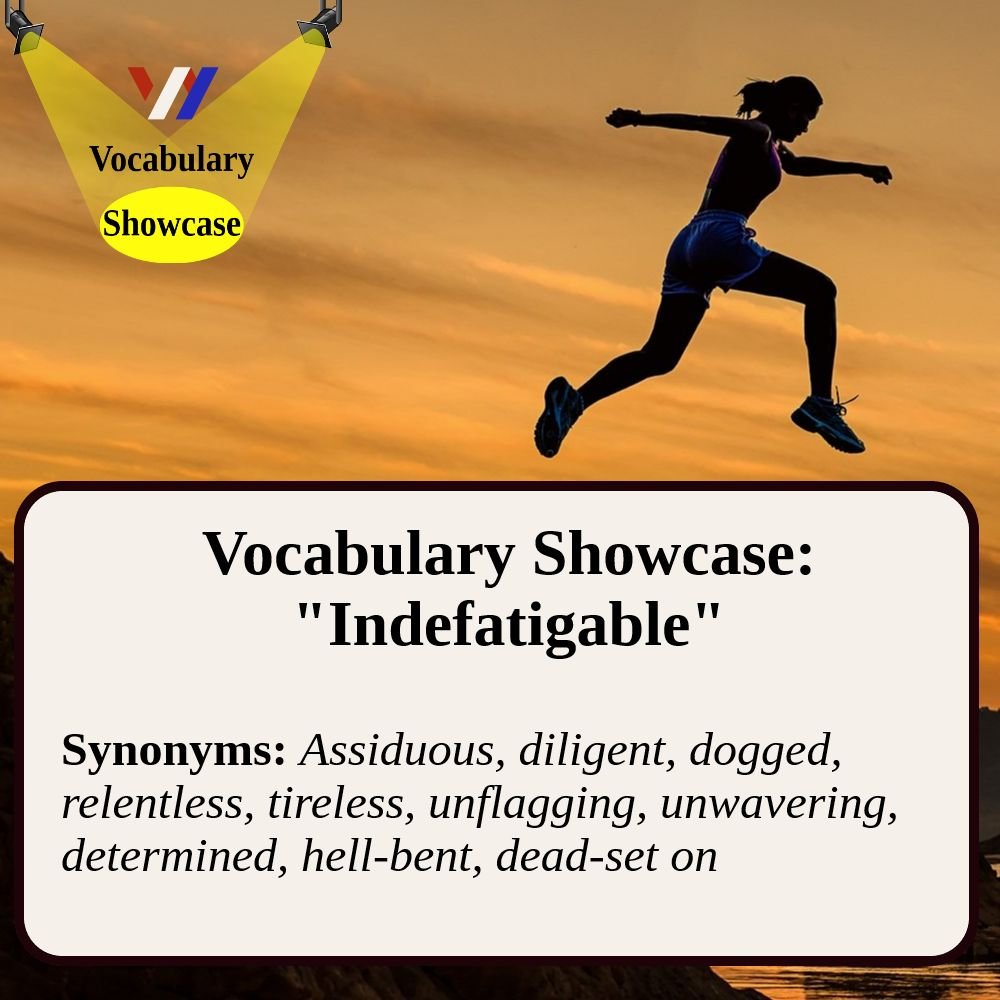
Vocabulary Showcase: Indefatigable
Welcome to the Wright English Vocabulary Showcase! Today we are looking at “indefatigable” and other words that mean the same thing.
Indefatigable is an adjective used to describe someone, or something that they are doing, as continuing no matter how tired or difficult it is. Nothing can stop them. Let’s have a look at indefatigable and its synonyms in use!
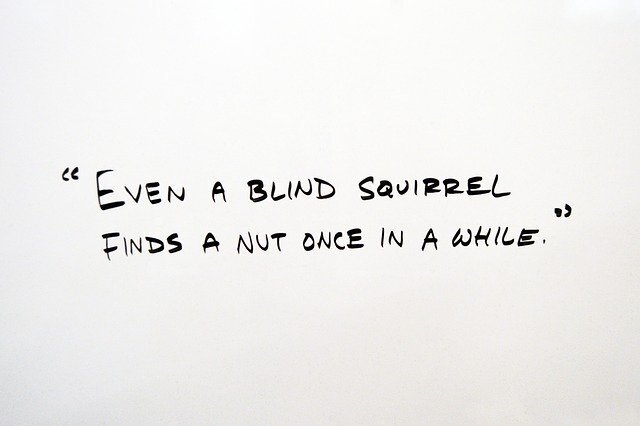
Ten English Idioms that native speakers get wrong all the time
We have all heard “it’s raining cats and dogs”. There are many fun English idioms. You might be surprised to learn that native English speakers get a lot of them wrong! I’ll give you a head start over the native speakers and show you the English idioms many native speakers get wrong.

Increase your English vocabulary: New ways to say something is “very good”
Let’s face it, sometimes we stick to the phrases and words we know work. We all know “very good”, but it gets a little boring after a while. Here are some more varied and interesting ways to describe “very good” things

Frequency: How often should I have English Lessons?
My learners are not used to being offered the freedom to decide how often they have their lessons, and how long those lessons should be. The ultimate decision of how you schedule your English learning with me is your choice, but I have guidance to help you decide.

Is listening to English Songs a Good Way to Learn English?
Is listening to English songs a good way to learn?
Yes and no. There you go, that’s the simple answer. For a more detailed answer read on!
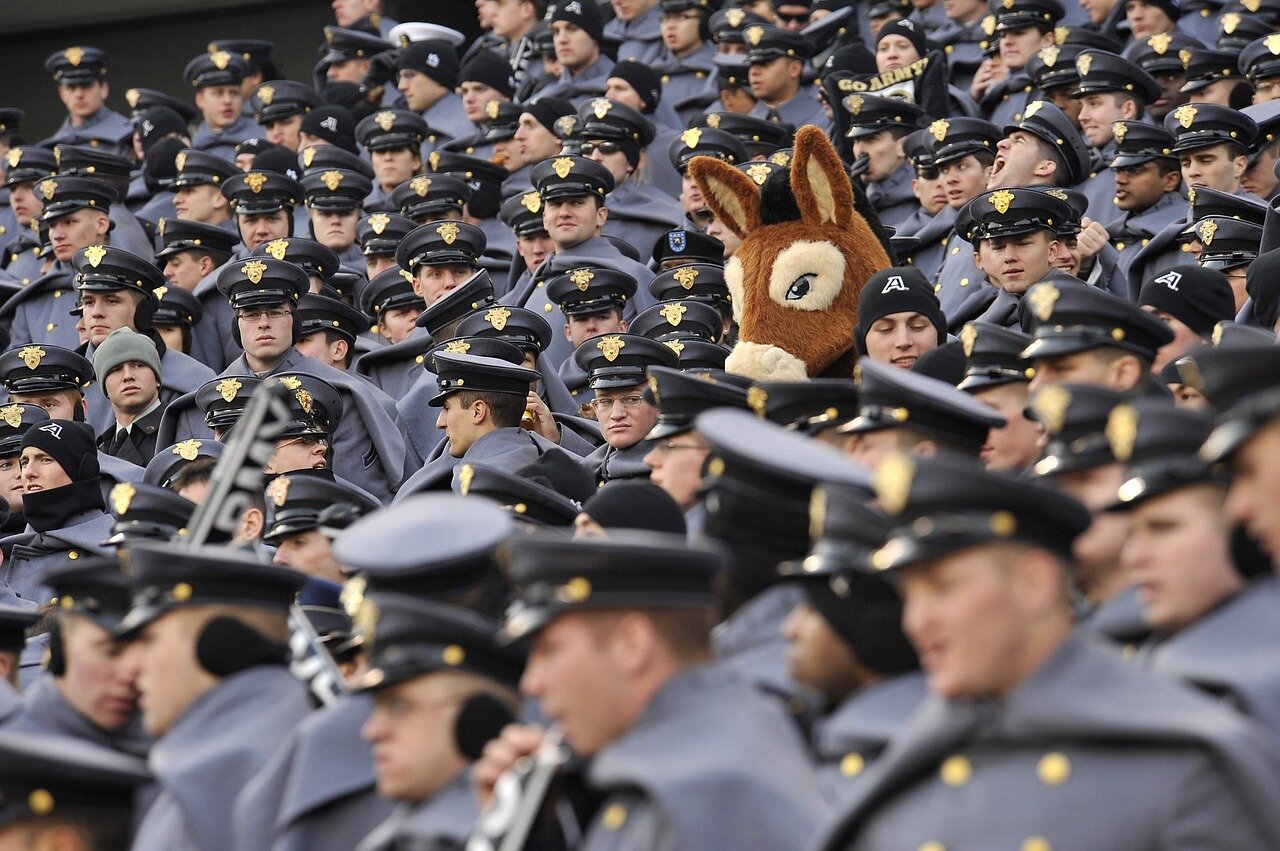
What is a Mascot? Where Does the Word Come from?
When you buy a packet of Kellogg’s Frosties you see Tony the tiger looking strangely humanoid (like a human), and we have all been intimidated by the terrifying clown at McDonalds. These are mascots. Mascots are characters that represent a brand, a product, or a business. Wright English has Rupert the adorable (cute) fat robin. Rupert represents my lock-down tummy, my relaxed attitude to life, and he is permanently celebrating life like me.

Film Vs Movies – What’s right? Where do They Come from?
As the UK, USA, Canada and Australia share more and more media with each other, there is increasing confusion over the “right way” to say certain things. Pavement or sidewalk? Ditch, Dyke, or Culvert? Cinema, Theatre, or Movies? Very confusing! If you are wondering which way to describe a film is “correct” I have bad news. They are all correct, in different places.

Vocabulary Showcase: Great Britain – Land of the Tattooed People
The English language is generally accepted as a language with most of its origins being from North West Germany. What do we make of the name ‘Britain’ then? That’s not Germanic. So where does it come from?

Vocabulary Showcase: Where Does the World Albino Come from?
Have you ever seen a white wallaby? A white squirrel? Have you been lucky enough to see a white peacock? I saw white (albino) wallabies in the zoo, and my brain went to where it always goes… where does the word ‘albino’ come from?
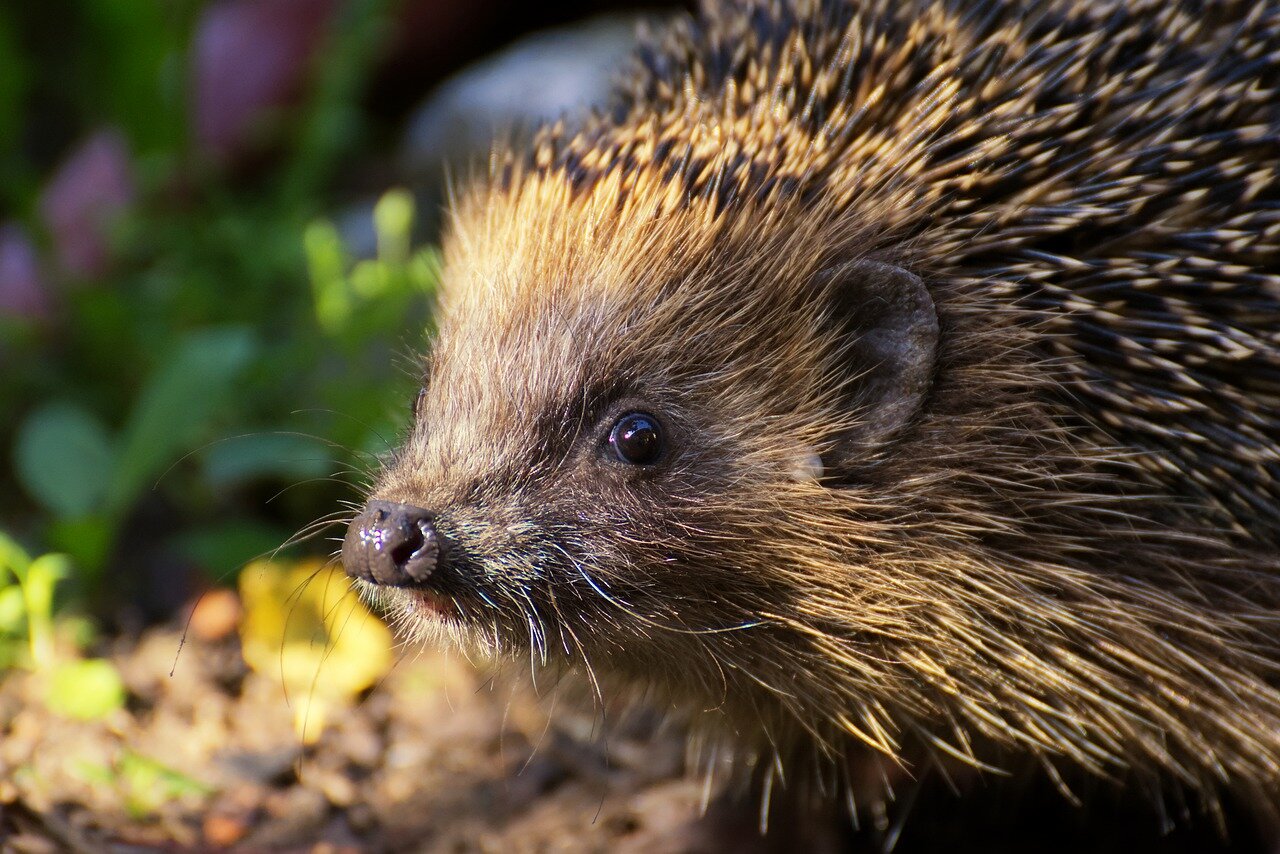
Vocabulary Showcase: Where Does the Word ‘Hedgehog’ Come from?
How often do you learn a new word in a foreign language and think about where that word came from? How was it ‘born’, who were it’s ‘language parents’? Most people look at the little spikey creature with its pointy face, little black eyes and cute little feet and think “That’s a hedgehog” and go no further. I’m Lana Betts though and I’m always curious, so join me in my hedgehog investigation.

Vocabulary Showcase: Hindi’s Colourful Influence on the English Language
Britain and India have a long history together. As a result of this history, the English language has many Hindi words that we use every day without even thinking about it.
Nirvana - Heavenly spiritual enlightment

Vocabulary Showcase: Where Does the Word ‘Enamoured’ Come from?
To be enamoured with something means to strongly like something.
The English language is heavily influenced by old French. In old French en = in, amour = love. So to be enamoured with something means to be in love with it. Knowing where a word comes from can help to remember it, and to remember how to spell it.

Vocabulary Showcase: Synonyms for ‘Unity’
Unity: Being united or joined together as 'one'. We are living in a time when working together and thinking of others keeps ourselves and the rest of the world safe. More than ever before we need to be united as one people. So here are some other ways to describe oneness in English:
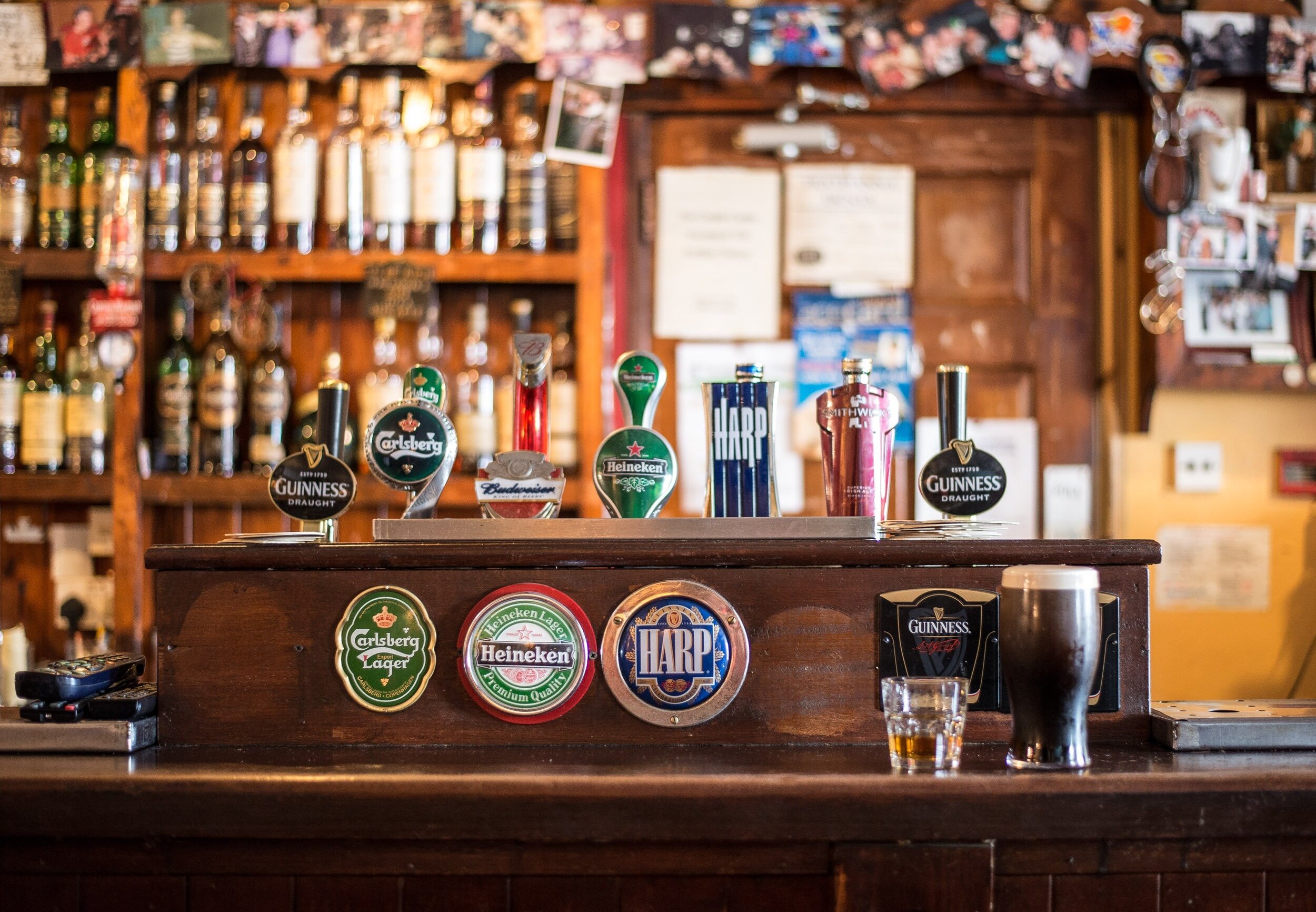
Vocabulary Showcase: Pub or Bar? What’s the Difference?
The pubs (short for public houses) are opening again in England today. Have you ever wondered what the difference between a pub and a bar is?
